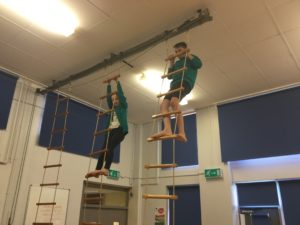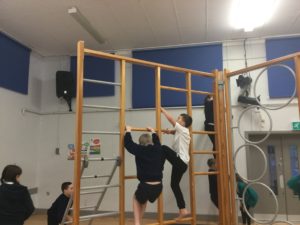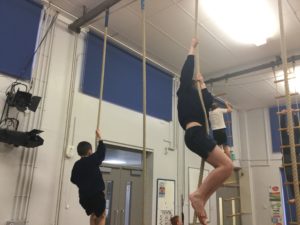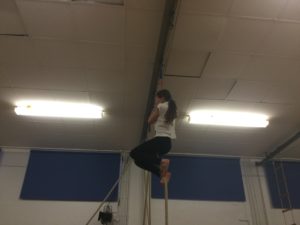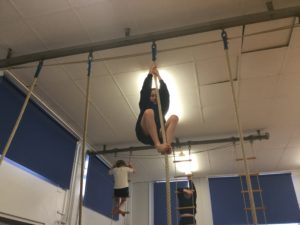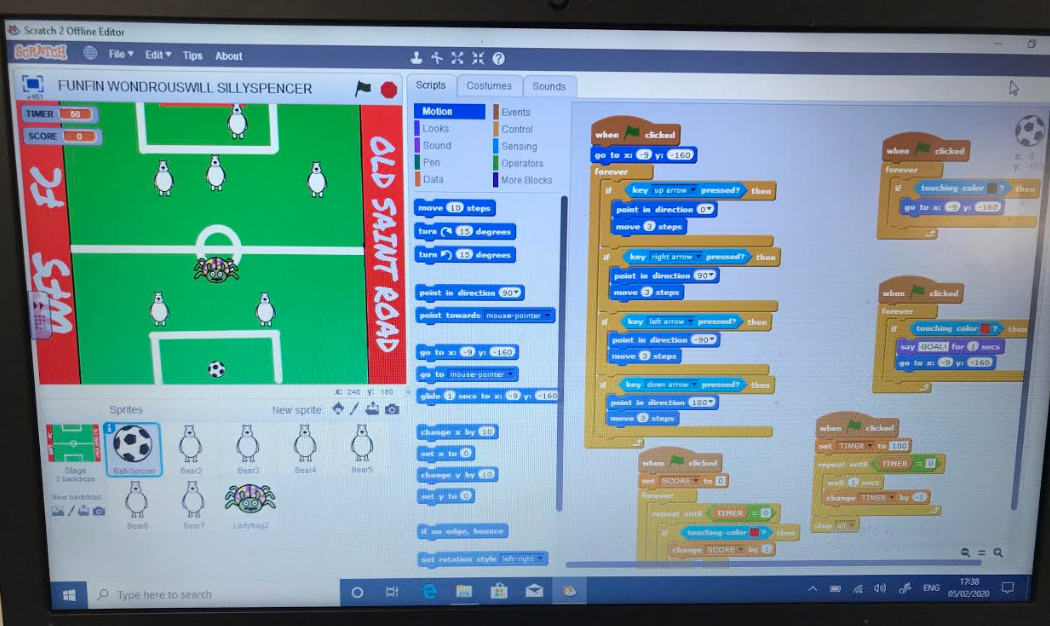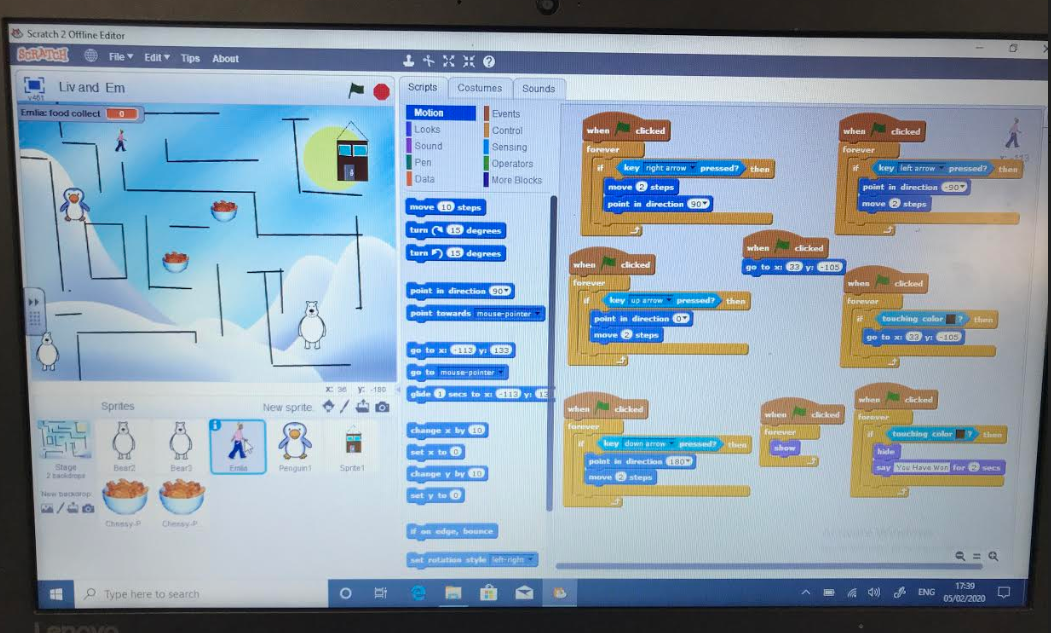Today is National Safer Internet Day. To celebrate this, and as part of our current topic (computing), Year 5 and 6 have spent some time thinking about how we can stay safe online.
We focused specifically on online persuasion: the idea that much of what we see online is designed to persuade us to act in a certain way.
We started off by searching ‘Plumber Leeds’ on Bing. You can Help at home by searching this with your child and seeing if they can explain to you what we noticed about the top results (hint: sponsorship).
Then, we learnt about cookies and how they store information about our digital footprint. As part of our learning about cookies, we learnt about what pop ups are, why they can be a bad thing and, most importantly, what we should do if we come across one online.
We learnt about how online games persuade us to stay on them for longer and spend money – and what’s in it for the games companies (who, despite the fact that one game earnt a whopping £1.38bn last year in revenue, advertise as being free for all).
Finally, we reflected on our learning and made pledges for how we can stay safe, happy and healthy online.
Help at home by asking your child what they pledged. Or, you could also help at home by asking your child the questions below.


